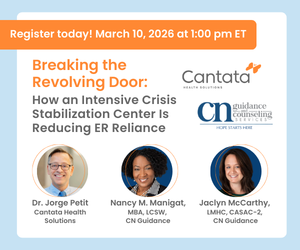Strategy & Strategic Planning
Strategic planning is an essential business process for health and human service provider organizations. A strategic plan provides clarity and transparency from the board on performance expectations and priorities and serves as the overall foundation for organizational infrastructure development and operating plans. However, strategy is only one factor of the overall strategic planning process. Rather, strategy and strategic planning require a scenario-based, tactical, and detailed implementation and execution plan with the right management team and performance metrics to ensure the organization is progressing toward its strategic initiatives. Amid changing reimbursement models, consumerism, and other market disruptors, a strategic plan that is both market-focused and nimble is key for sustainability in an uncertain future.
Editor’s Picks
Latest Resources
- Impact Times Two: The Best Of The 2026 OPEN MINDS Performance Management Institute
- Making The Job Happen
- Reading The Market
- Got Empathy?
- Building Stability In Behavioral Health Through Care Delivery With RevDoc– Sponsored By RevDoc
- You Are Not Alone: Management Issues Facing Rural & Frontier Communities
- Back To The Future: How Today’s Health Care Is The Realization Of A 1990s Vision
- The Public Health Implications Of Housing Instability, Eviction, And Homelessness
- The Health Cost Savings Of Quality Affordable Housing
- The Impacts Of Affordable Housing On Health: A Research Summary
- Understanding Medicaid Managed Care Procurement Practices Across States
- Medicaid Managed Care Procurements: A Toolkit For State Medicaid Agencies
- Medicaid Managed Care Plan Transitions: A Toolkit For States On Promoting Continuity Of Care When Plans Enter, Leave, Or Merge Or Are Acquired
- Ethical AI In Behavioral Health: Practical Use Cases That Work
- Finding The Signal In The Noise: The Most Read OPEN MINDS Market Watch Stories Of 2025

- The Changing Face of Medicaid Managed Care: The Most Downloaded OPEN MINDS RFPs Of 2025
- Building A Vision & Strategy For Navigating Uncertain Times: The Health & Human Service Leader’s Challenge
- Success With Growth: The Most Popular OPEN MINDS Executive Roundtables Of 2025
- Out With Agile
- AI On The Brain: The Most Watched OPEN MINDS Webinars Of 2025
To sign-up for monthly Strategy & Strategic Planning alerts, you must be signed in to your account.
Latest Industry News
- HUD Proposes Mandatory Immigration Status Verification For All Residents In Assisted Housing
- Health Care Accounts For Nearly Two-Thirds Of January Job Growth
- Journal Retracts Study On Leucovorin As Autism Treatment Cited In Federal Policy Announcement
- 18 States Urge CMS To Reinstate Targeted Nursing Home Staffing Mandate For Certain For-Profit Operators
- Insurance Carrier Employment Falls For First Time Since COVID-19, Down 29,000 In 2025
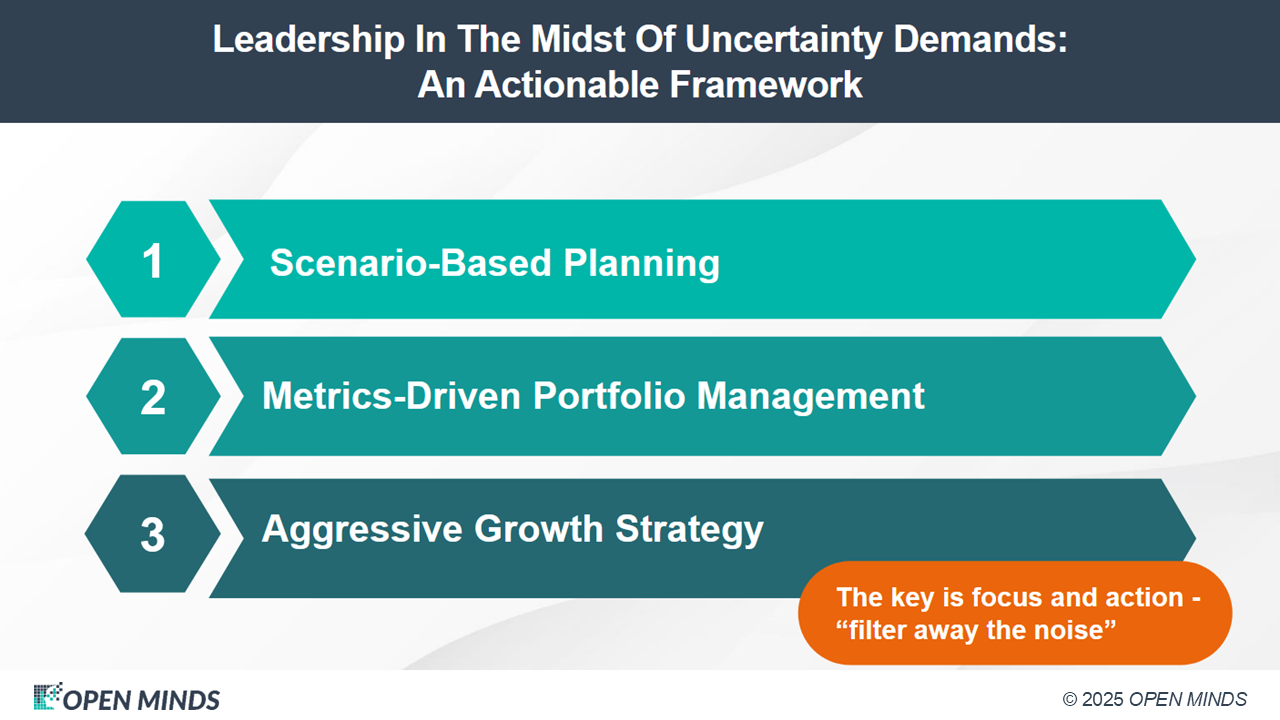 From Chaos To Calm: Best Of The 2025 OPEN MINDS Strategy & Innovation Institute
From Chaos To Calm: Best Of The 2025 OPEN MINDS Strategy & Innovation Institute
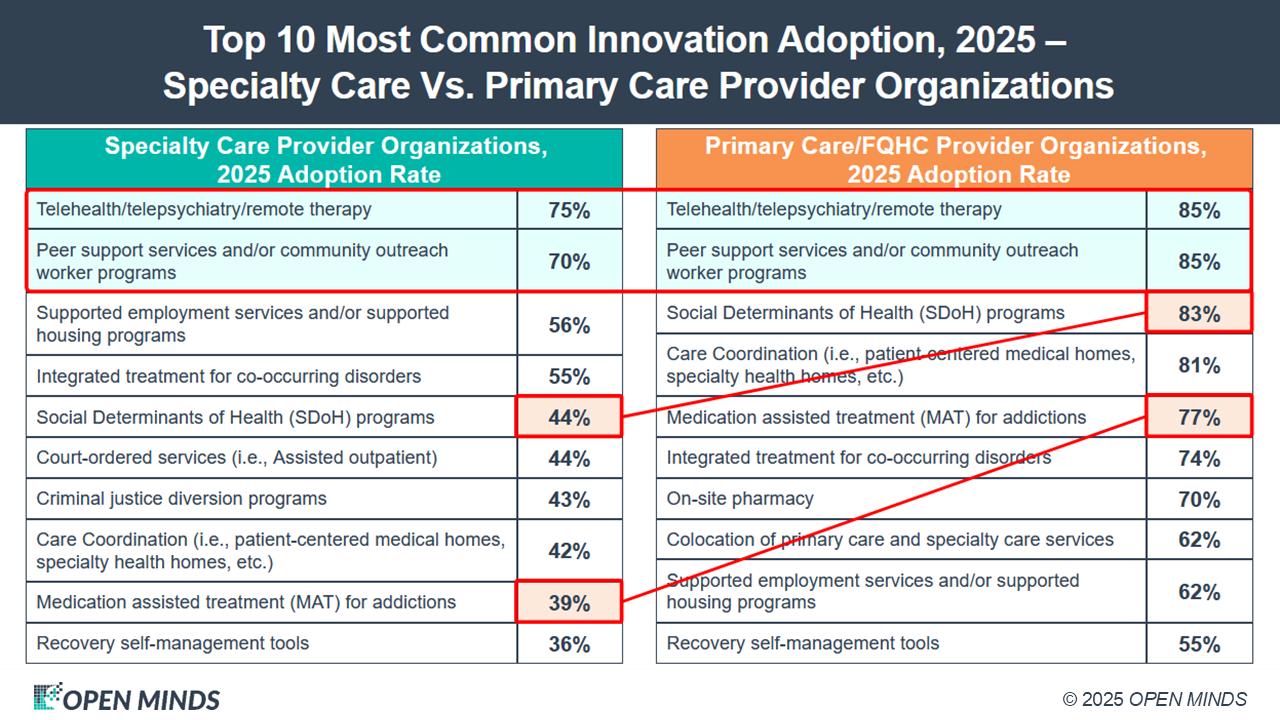 Surfing The Innovation Adoption Wave
Surfing The Innovation Adoption Wave
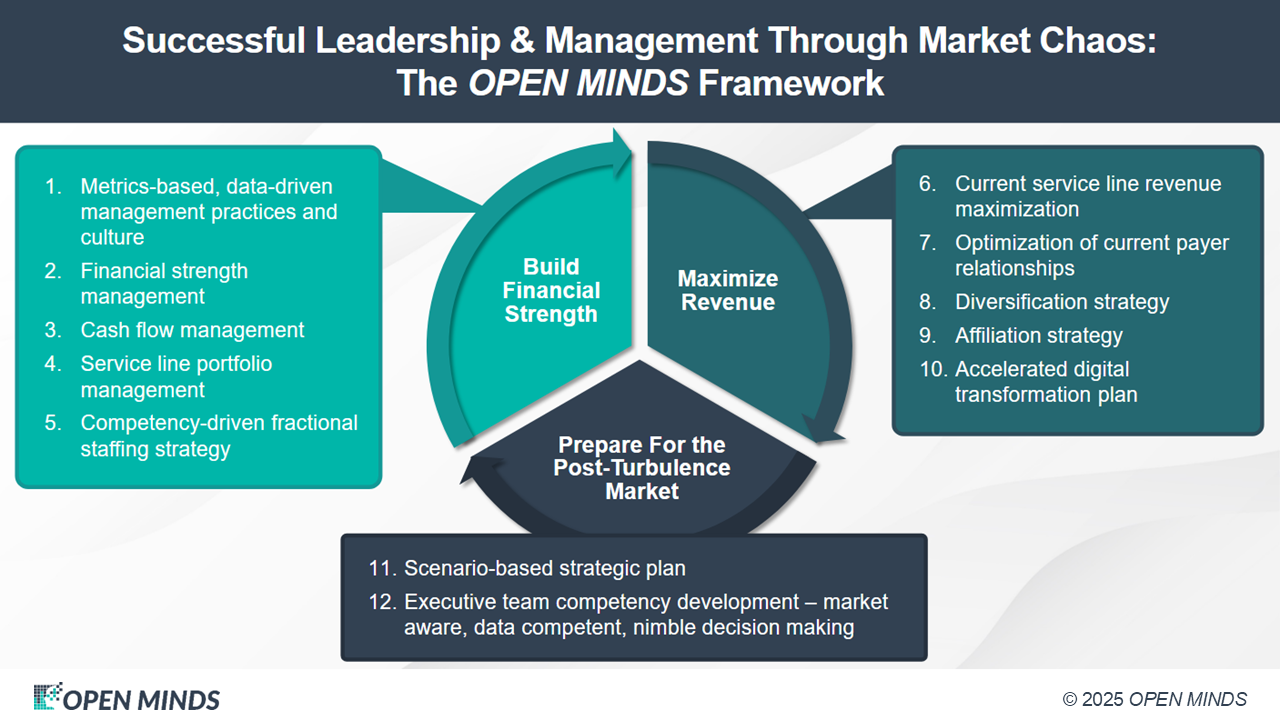 The Chaos Isn’t Ending
The Chaos Isn’t Ending
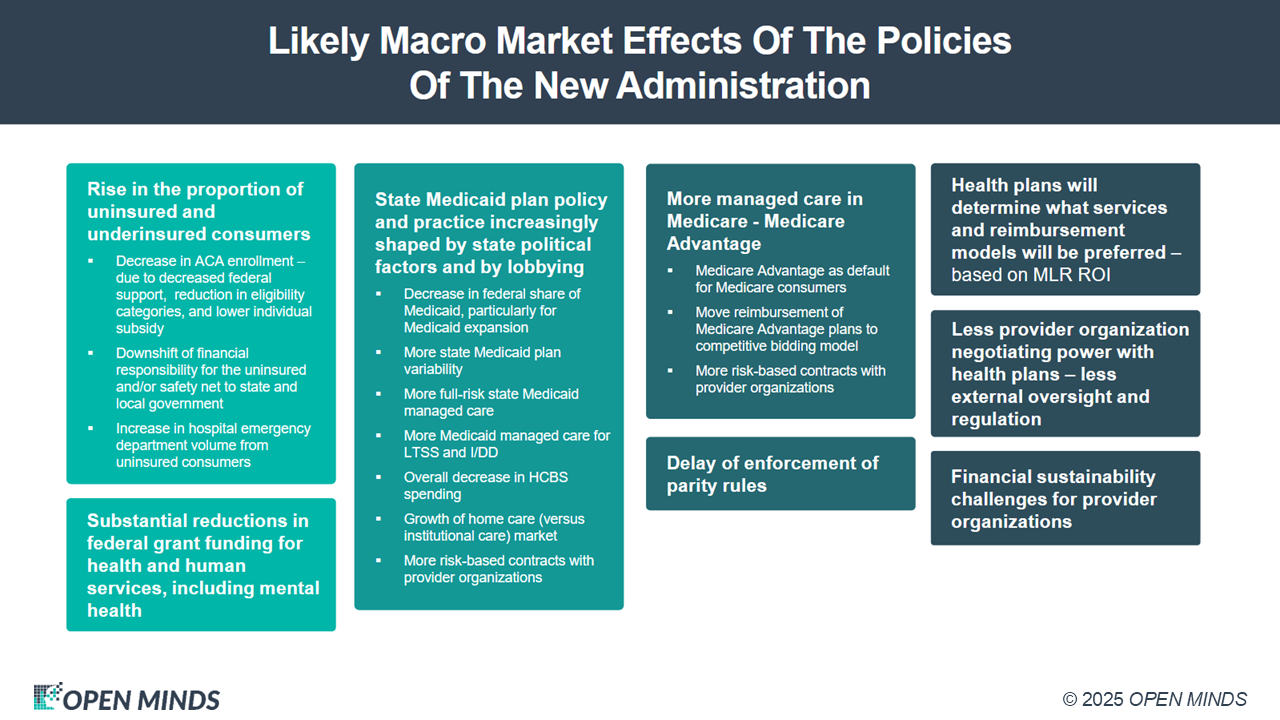 Navigating The Big Shifts
Navigating The Big Shifts
